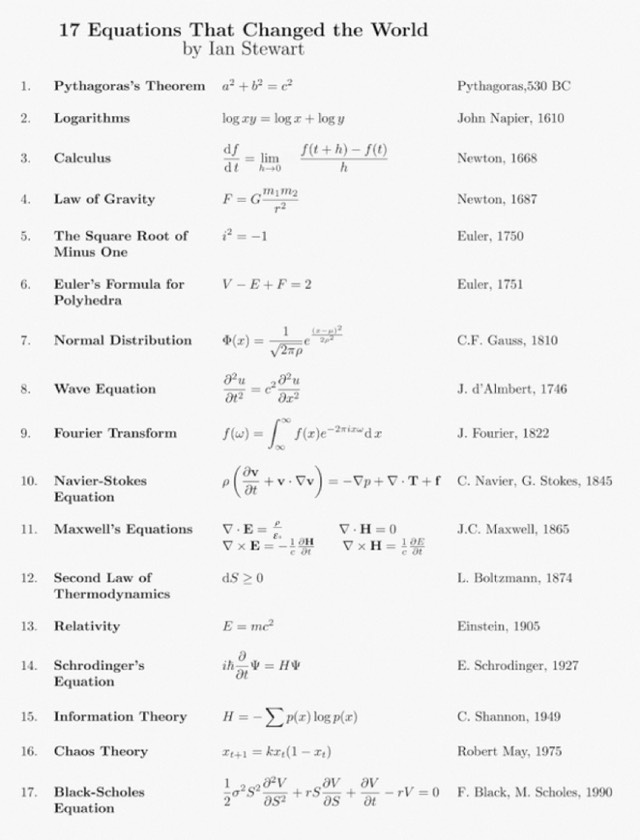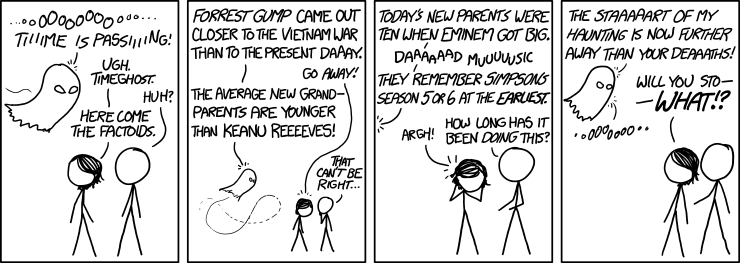A few days ago,
The Daily Beast published an article entitled
"Your Craft Whiskey Is Probably from a Factory Distillery in Indiana," by Eric Felten.
Felten is not some general assignment reporter stumbling through his first whiskey story. He is the James Beard Award-winning author of
How’s Your Drink? Cocktails, Culture, and the Art of Drinking Well. He understands this issue, as do most of the folks who read this blog regularly. I am one of the people Felten interviewed. It's a good article.
The Daily Beast is a popular general interest site so a lot of the people reading Felten's article are those who need to receive its message. Craft whiskey is a cool, new thing. There are many cool, creative people doing amazing things with whiskey and other spirits. They are bold, adventurous, talented, sometimes kookie. It's a fascinating new trend.
So, naturally, there also are a lot of slicksters out there trying to rip it off, trying to get consumers to think they are artisans when they're really just scammy marketers. They copy the trappings of craft distilling. They jabber on about craft and care and expensive ingredients and handmade this and that when all they did was buy a 500 gallon tote of aged whiskey and bottle it.
Except for true craft distillers, whose output is very small, all of the bourbon made in America is made at one of 13 distilleries owned by eight companies. For rye you can add one or two big Canadian distilleries to that list.
It's true that some of the scammers sell some pretty good whiskey. In fact, the saddest thing about this whole story may be that many of the scammers are selling a better product than the real craft distillers. How's that? Making good whiskey is hard and many of the true craft whiskeys are works in progress. Others are deliberately going for unique and unfamiliar flavors. Some of it is tough to drink.
That, however, is not the point.
The point is that if you want to buy a whiskey made by a craft distillery, you should be able to do so without a bunch of poseurs blocking your way. That's why I write about non-distiller producers and Potemkin distilleries, and why writers like Felten pick up on the story and report it for a general audience.
None of which explains the headline of this post. To understand that you need to scan the comments to Felten's article. You'll find things like this:
"Apparently Mr. Felton believes that only the super-rich should be allowed to start up distilleries. It takes approximately $10M to start up and fund a distillery for the 5-10 years he demands before the distillery is even allowed to sell its first bottle. Talk about snobbery."
"What does it matter if it actually tastes good and is well distilled and refined? It is a bit misleading to imply craft whiskey is 'probably' made at that distillery in Indiana."
"What does it matter? The company who is lying about their product is making a hell of a lot more money by pricing it as if they made it. A good fake Chinese Rolex looks just like a real one, why pay for a real one? However if the fake cost as much, would that be okay?"
"I think actually if the feds were less involved then small distilleries could spend more time and effort on their craft instead of paperwork and red tape. Does the gov stop your supermarket from selling store brand corn flakes made by another company?"
"When you can't sell your spirit on its own qualitative merits, talk about the big, bad things the other guys are doing. Give me a break."
Often it gets much uglier than the samples above. Very often, people who have been suckered by a Potemkin attack the messenger instead of the actual liar. Once a guy in a bar was ready to punch me because I told him that not one drop of Templeton Rye was distilled in Templeton, Iowa. He only stopped when he noticed how huge I am. Breckenridge is another Potemkin with a very loyal and belligerent following. Nobody has any contrary facts, just a lot of passion.
I've been accused of being a toady for Big Whiskey, and much worse. It's a bit nuts but once again, for everyone who has missed the point, there is nothing wrong with buying and bottling whiskey bought from a real distiller, if you
tell the truth about it. If you're lying instead, or not lying but feverishly obfuscating, you better make your money fast because you won't get away with it for long.








